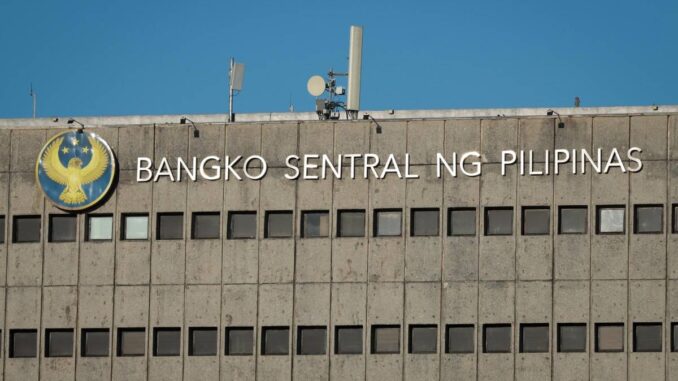
SHORT-TERM foreign investments turned positive in November, the Bangko Sentral ng Pilipinas (BSP) reported late Friday, hitting a net inflow of $96.59 million.
The investments — registered with the central bank through authorized agents and also known as “hot money” because these can be moved quickly elsewhere to maximize profits from interest rates — reversed from a $529.68-million net outflow in October.
The result, however, was lower than the $671.77-million net inflow recorded a year earlier.
Rizal Commercial Banking Corp. chief economist Michael Ricafort said the increase was mainly driven by policy rate cuts along with a reduction in bank reserve requirements.
The lower borrowing costs and increased liquidity, he added, will “again be considerations for the coming months, especially in 2025.”
Inflows for the month totaled $1.86 billion, 25.8 percent higher than October’s $1.48 billion, but the gross outflows of $1.76 billion were 12.2 percent down from $2.01 billion.
The United States remained the main destination for the outflows, accounting for 51.8 percent or $914.20 million.
October’s inflows mostly went to peso government securities (71.4 percent or $1.33 billion), while the rest was invested in Philippine Stock Exchange-listed securities (28.6 percent, or $531.71 million), particularly banks, holding firms, property, transportation services, and food, beverage and tobacco.
The bulk of the short-term investments, or about 90 percent, came from the United Kingdom, Singapore, the United States, Luxembourg and Norway.
Year-on-year, inflows were 18.2 percent higher than the $1.57 billion recorded in November last year while outflows were up 95.4 percent from $903.1 million.
Year-to-date, hot money inflows were positive at a net $2.59 billion, also rebounding from the $43.66-million net outflow recorded in January-November 2023.
Registration of inward foreign investments is optional under foreign exchange (FX) transaction rules. This is only mandatory if the investor is buying foreign currency from authorized agent banks for the repatriation of capital or remittances of investment earnings.
“Without such registration, the foreign investor can still repatriate capital and remit earnings on its investment, but the FX will have to be sourced outside the banking system,” the central bank said.


Be the first to comment